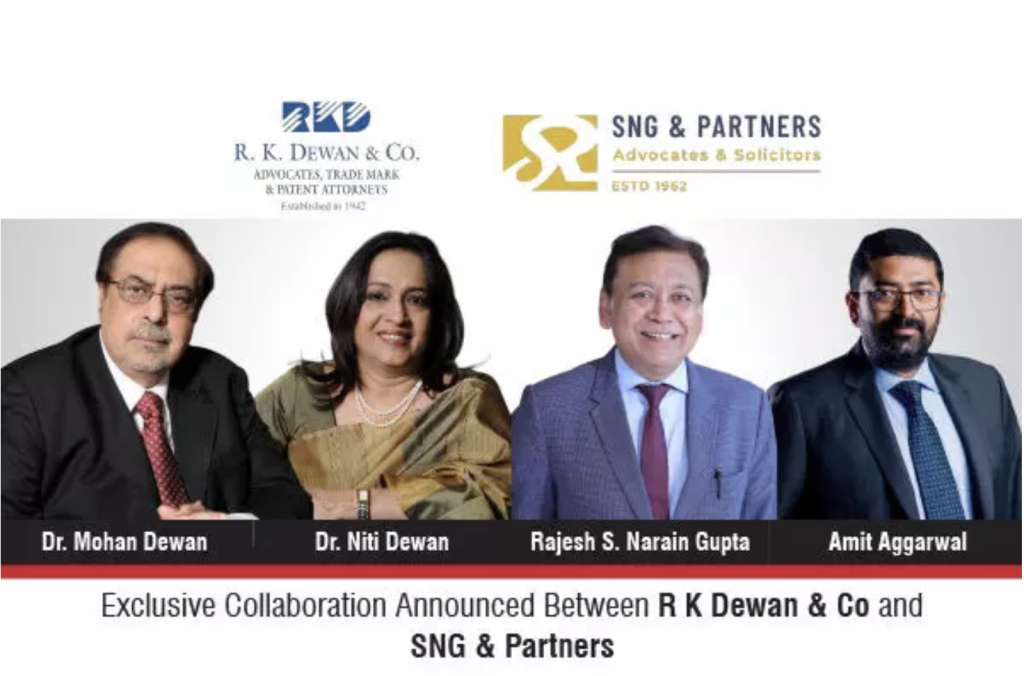The Master Direction on Fraud issued by the Reserve Bank of India (RBI) came under attack from the Supreme Court in State Bank of India v Rajesh Agarwal. The decision has had significant implications for the banking sector.
To strengthen fraud prevention and detection measures in the banking sector, the RBI issued a Master Directions Circular in 2016 classifying acts of fraud into various categories to ensure uniform reporting within the banking channel.

Associate partner
SNG & Partners
The objective of the directions was to provide banks with a framework for early fraud detection and reporting so that timely action against fraudsters may be taken. The directions also aimed to facilitate swift information sharing by the RBI with banks regarding fraudulent activities, unscrupulous borrowers and related parties. This enabled banks to put preventive measures and internal checks in place, allowing them to exercise caution when dealing with suspicious entities.
The RBI has classified fraud to ensure uniform reporting, the categories being largely based on the Indian Penal Code. They are breach of trust and misappropriation; using forged instruments and fictitious accounts; being bribed to grant credit facilities; cash shortfalls; cheating and forgery; fraudulent foreign exchange transactions, and any form of fraud not otherwise specified.
With the backing of the circular, banks were given a free hand to declare a defaulting account as a fraud without having to allow the borrowers an opportunity to put their side of the matter. This is what happened in Rajesh Agarwal. The borrowers brought cases in many high courts, claiming that they were the victims of injustice. The Telangana High Court held that the provisions of the Master Directions had to be based on the principles of natural justice. Clauses 8.9.4 and 8.9.5 of the Master Directions had to provide for the borrowers to be heard. Banks and financial institutions must give borrowers a hearing before classifying their accounts as fraudulent. The bank appealed to the Supreme Court.

Associate
SNG & Partners
The Supreme Court drew support from its earlier decision in State Bank of India v Jah Developers, which dealt with the RBI circular concerned with wilful defaulters. It held that its ruling in that judgment also applied to Rajesh Agarwal because the consequences of both circulars were similar. The court’s decision meant that banks had to give borrowers a fair chance to present their cases and to explain any discrepancies in their accounts before labeling them as fraudulent. It protected borrowers from arbitrary and unfair treatment by banks and had a significant effect on the banking industry. Previously, banks could unilaterally declare an account as fraudulent based on factors such as overdue payments and forensic reports. These could lead to negative and even disastrous consequences for borrowers.
The judgment ensured that borrowers have the right to be heard and to explain themselves before their account is classified as fraudulent. This protects their goodwill and reputation.
Following this landmark judgment, numerous cases were brought by borrowers seeking to quash the declaration of their accounts as fraudulent. The primary grounds for the challenge was that banks had classified their accounts as fraudulent without adhering to the principles laid down in Rajesh Agarwal.
Recently, Delhi High Court relied on the principles in Rajesh Agarwal to find in favour of the borrowers who were not given the opportunity to be heard in the cases of TV Vision Limited v Punjab National Bank and Anr, Manish Jain v Reserve Bank of India and Ors, Ashish Gupta and Ors v State Bank of India and Ors and Chandra Kant Khemka v Reserve Bank of India and Ors.
Faced with the Supreme Court’s robust view that the principles of natural law were not mere legal formalities and that denying borrowers the right to be heard may constitute a breach of article 14 of the constitution establishing the right of equality before the law, the RBI had little choice but to act. On 15 July 2024, the RBI issued the Fraud Risk Management in Commercial Banks (including Regional Rural Banks) and All India Financial Institutions Directions, 2024. The directions provide somewhat tersely that the principles of natural justice should be strictly complied with before classifying and reporting an account as fraudulent. A footnote simply refers to Rajesh Agarwal.
This article has been authored by Amol Sharma, Associate Partner and Aman Siwasiya, Associate at SNG & Partner.



